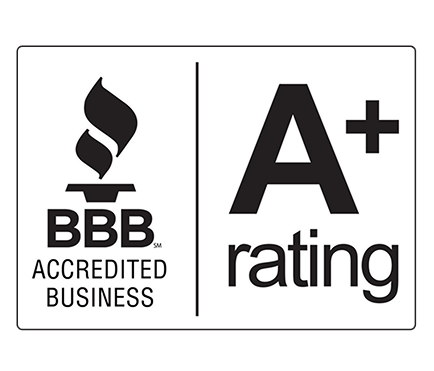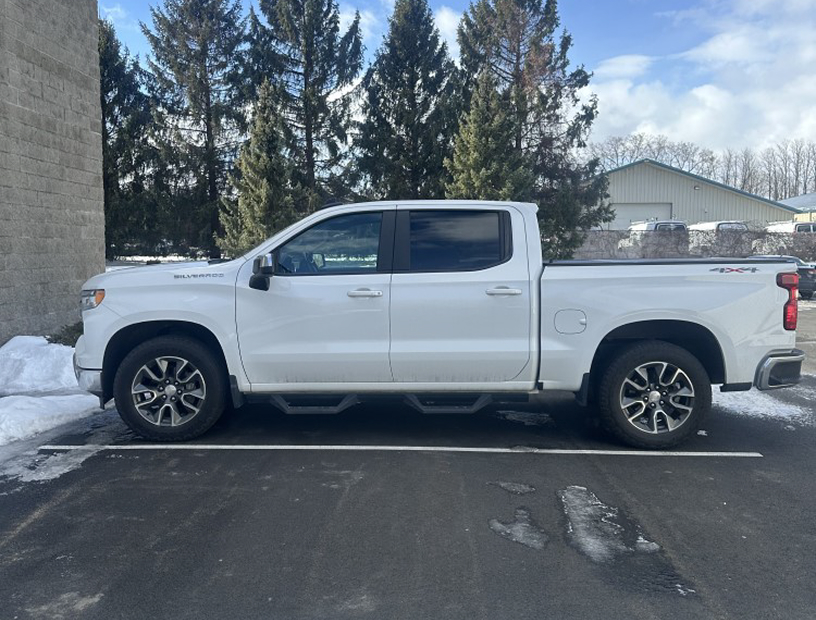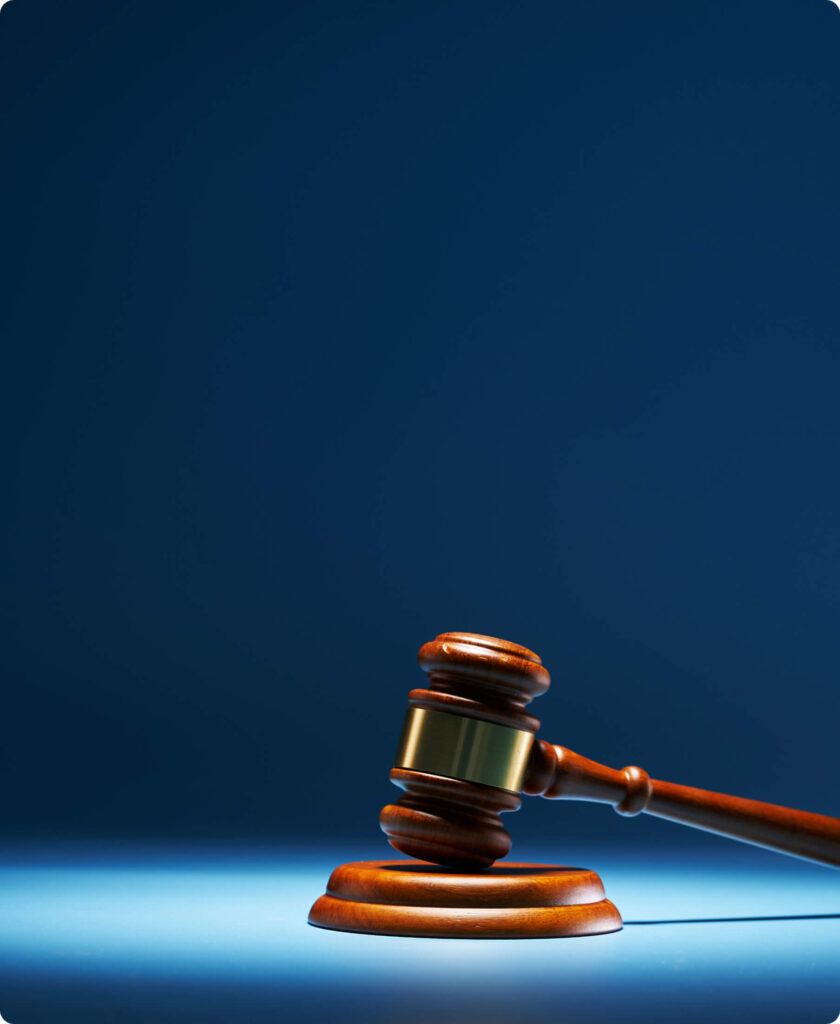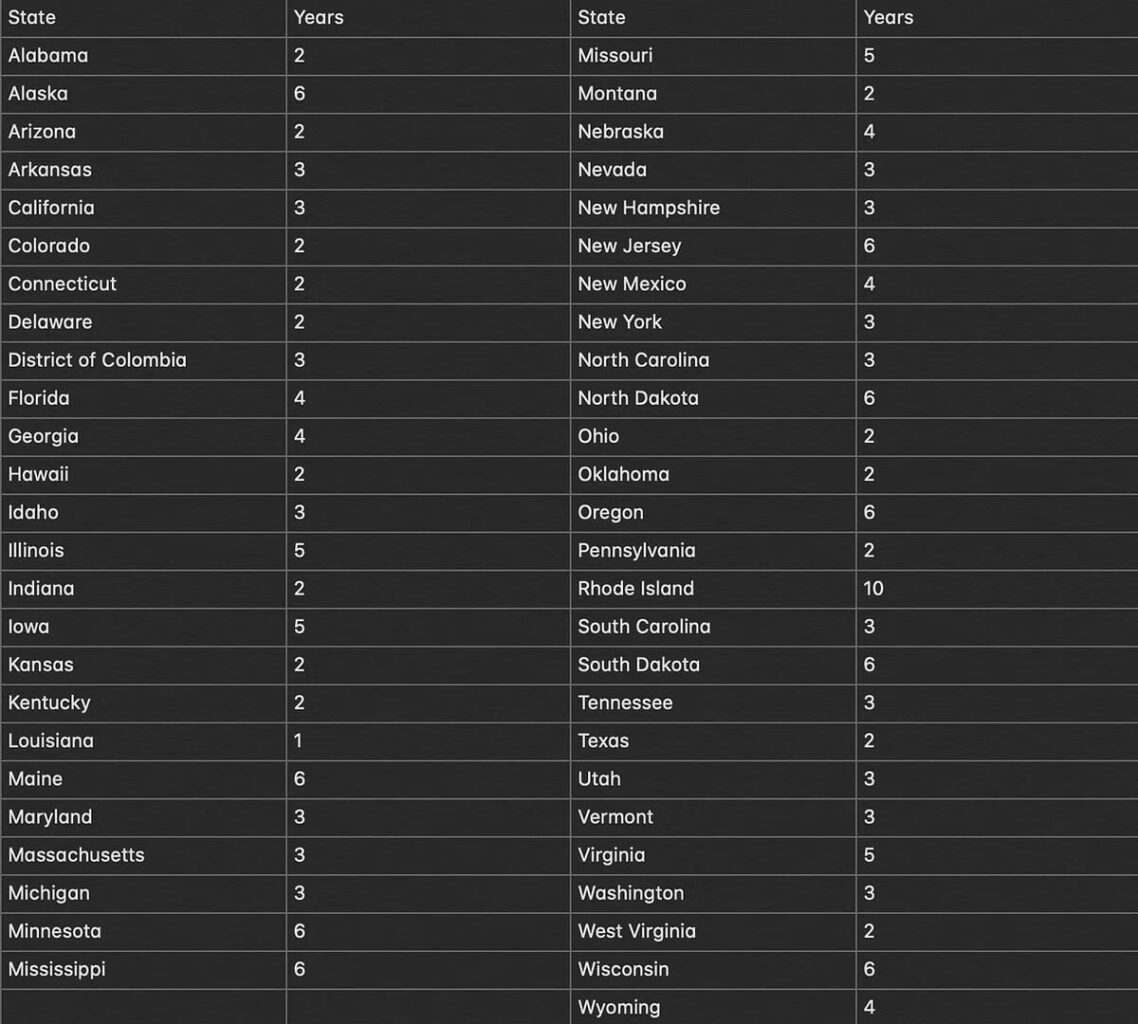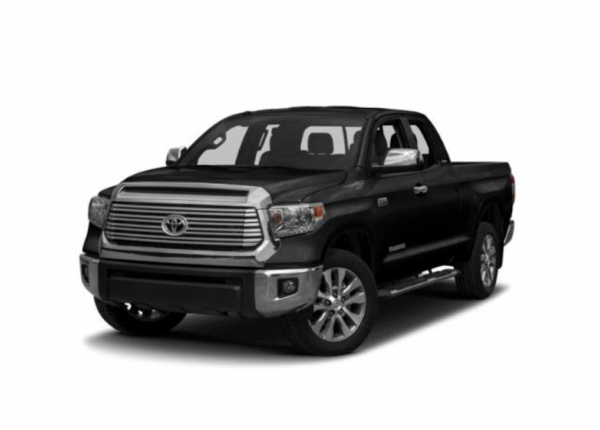Diminished value of your vehicle is recoverable in third-party cases only. You can only recover from third-party at fault insurance companies and you cannot make a claim under your own uninsured motorist insurance. All drivers must carry minimum liability insurance, and the statute of limitations is 3 years from the time of the accident. OGC Opinion No. 06-11-22.
In Franklin Corp v. Prahler the court states, “…there can be no doubt that, under a general theory of damages, a plaintiff is entitled to be made whole.“
It is well settled that the purpose of awarding damages in a tort action is to make the plaintiff whole (see generally Campagnola v Mulholland, Minion & Roe, 76 NY2d 38, 42). Franklin Corp. v. Prahler, SUPREME COURT OF THE STATE OF NEW YORK, Appellate Division, Fourth Judicial Department (decided 11/10/2011)
Where a vehicle, like any other piece of personal property, has increased in value and is subsequently damaged by the negligence of the defendant, the plaintiff should be entitled to recover the cost of that diminution in value. Otherwise, the plaintiff will not be made whole.
In our view, PJI 2:311 was intended to cover the situation in Gass (264 NY at 143-144), where personal property has depreciated from its original market value and is then damaged by the negligence of the defendant. The plaintiff in such a case will be entitled to recover the costs of repairs or the diminution in value, whichever is less.
Case in favor of diminished value in New York:
Rosenfield v. Choberka, 140 Misc. 2d 9, 14 (N.Y. Sup. Ct. 1988) (“It has long been recognized in this regard that the purpose for an award of damages is “to make the owner whole in each case” (Ward v New York Cent. R.R. Co., 47 N.Y. 29, 33); and among the “well-settled” rules relating to damages recoverable in tort actions is that “[t]he person responsible for the injury must respond for all damages resulting directly from and as a natural consequence of the wrongful act according to common experience and in the usual course of events” (Steitz v Gifford, 280 N.Y. 15, 20). Application of those basic principles to the facts before us permits only of the conclusion that where, as here, the repair of the plaintiff’s car does not make her whole, she is entitled to an award that will do so. In this instance that entitlement is to the reasonable cost for repairing the physical damage to the plaintiff’s automobile, together with the difference in its market value before the accident and after it is repaired. To hold otherwise would permit a tort-feasor to carelessly damage a new, or reasonably new car, and escape the full consequence of his act by tender of the cost of repair alone, even though measured by modern market conditions, the owner suffered a loss in value exceeding the repair cost.”)



